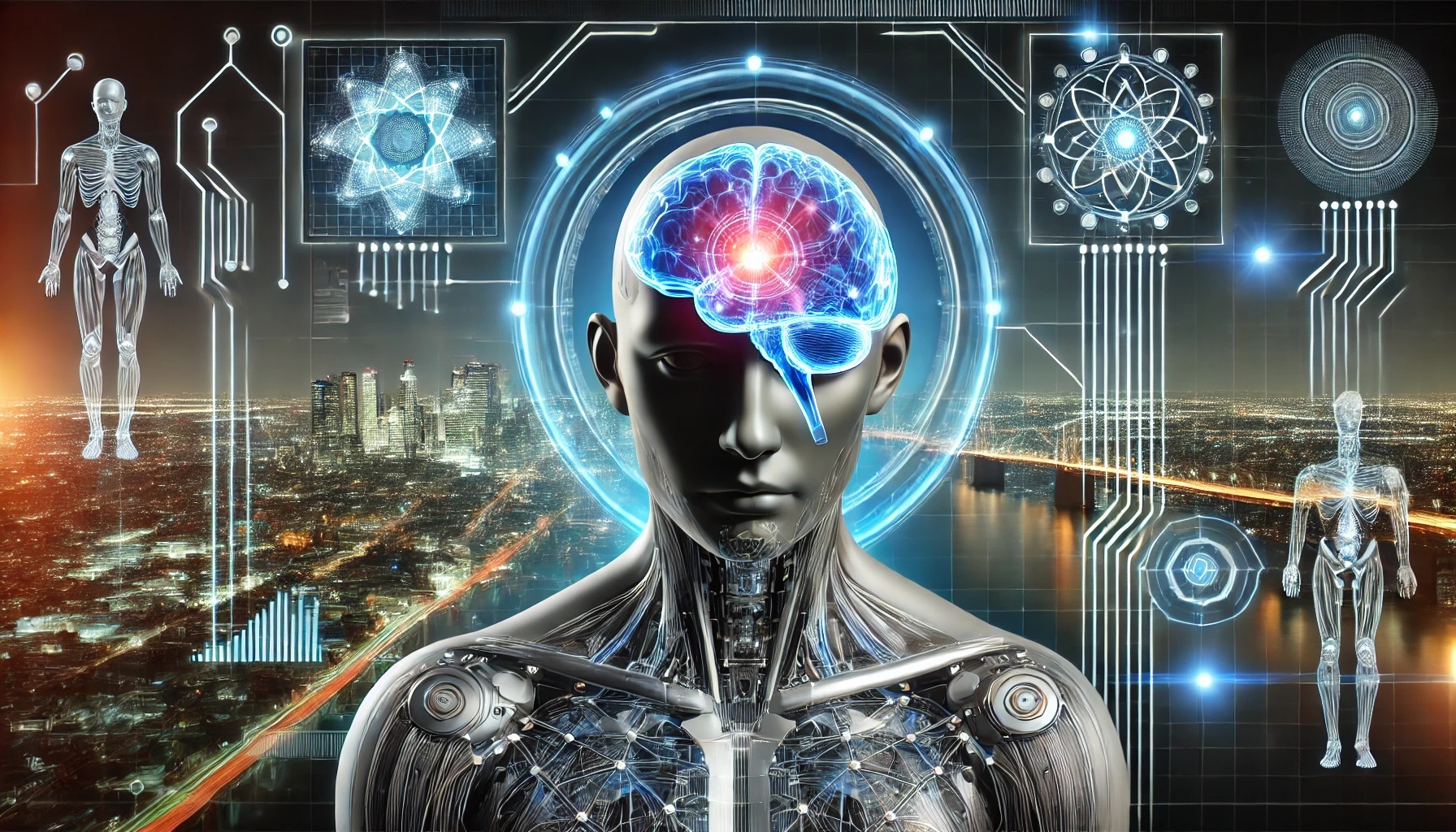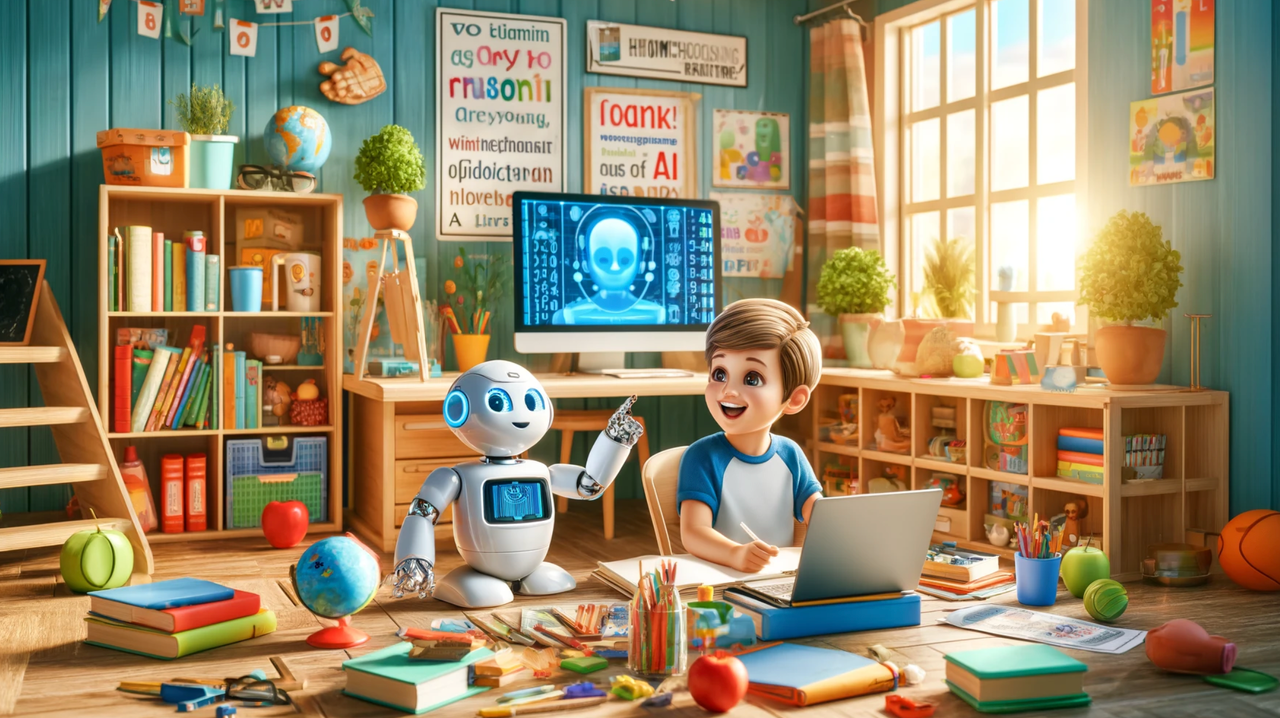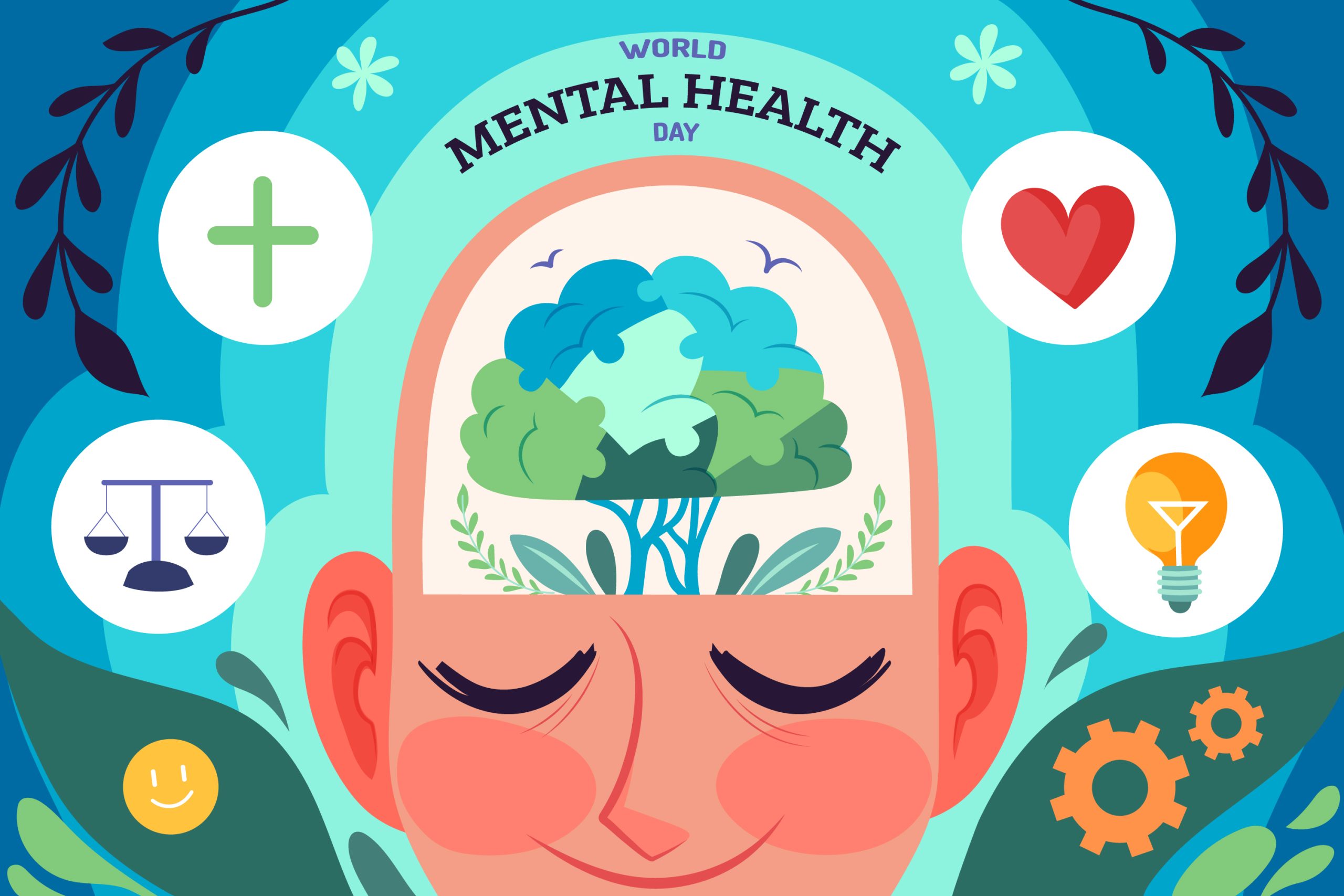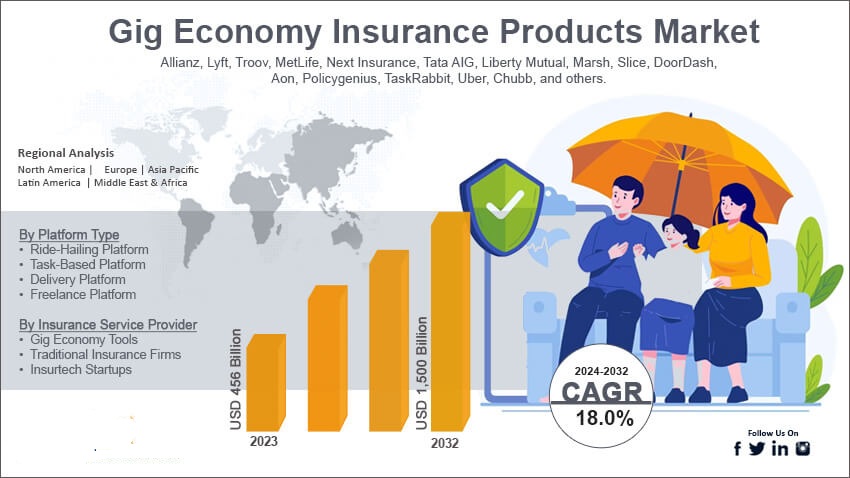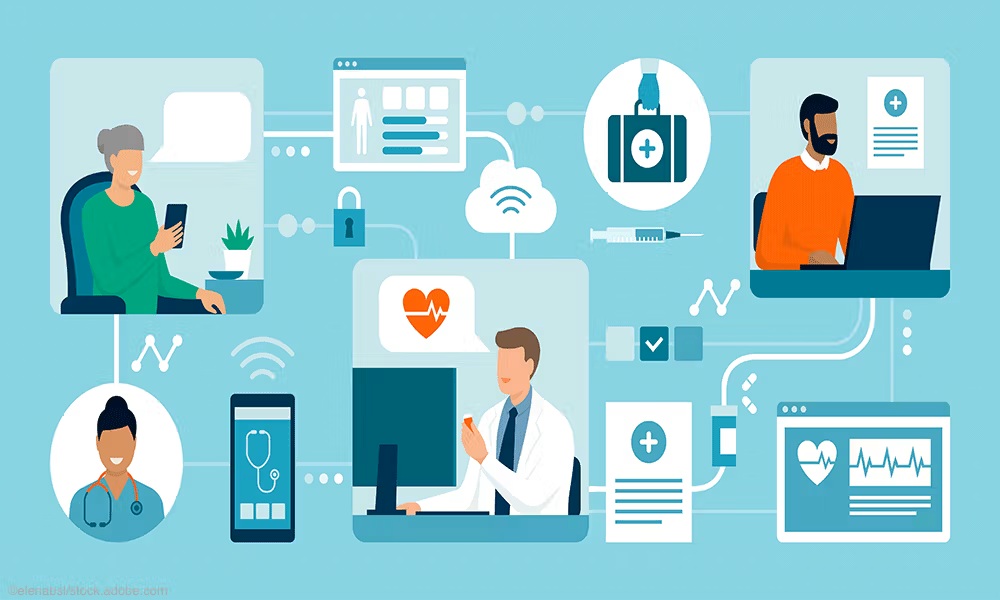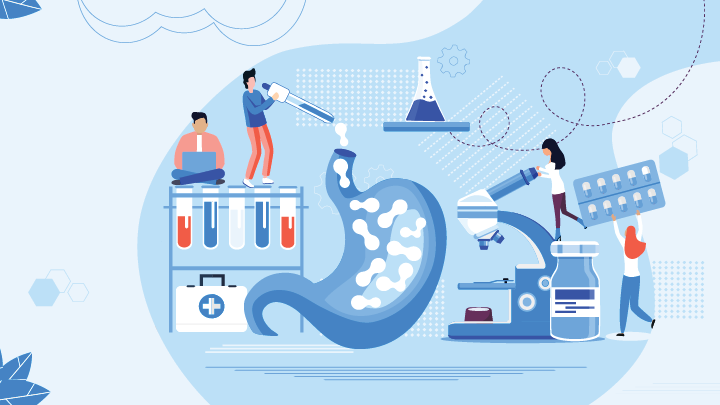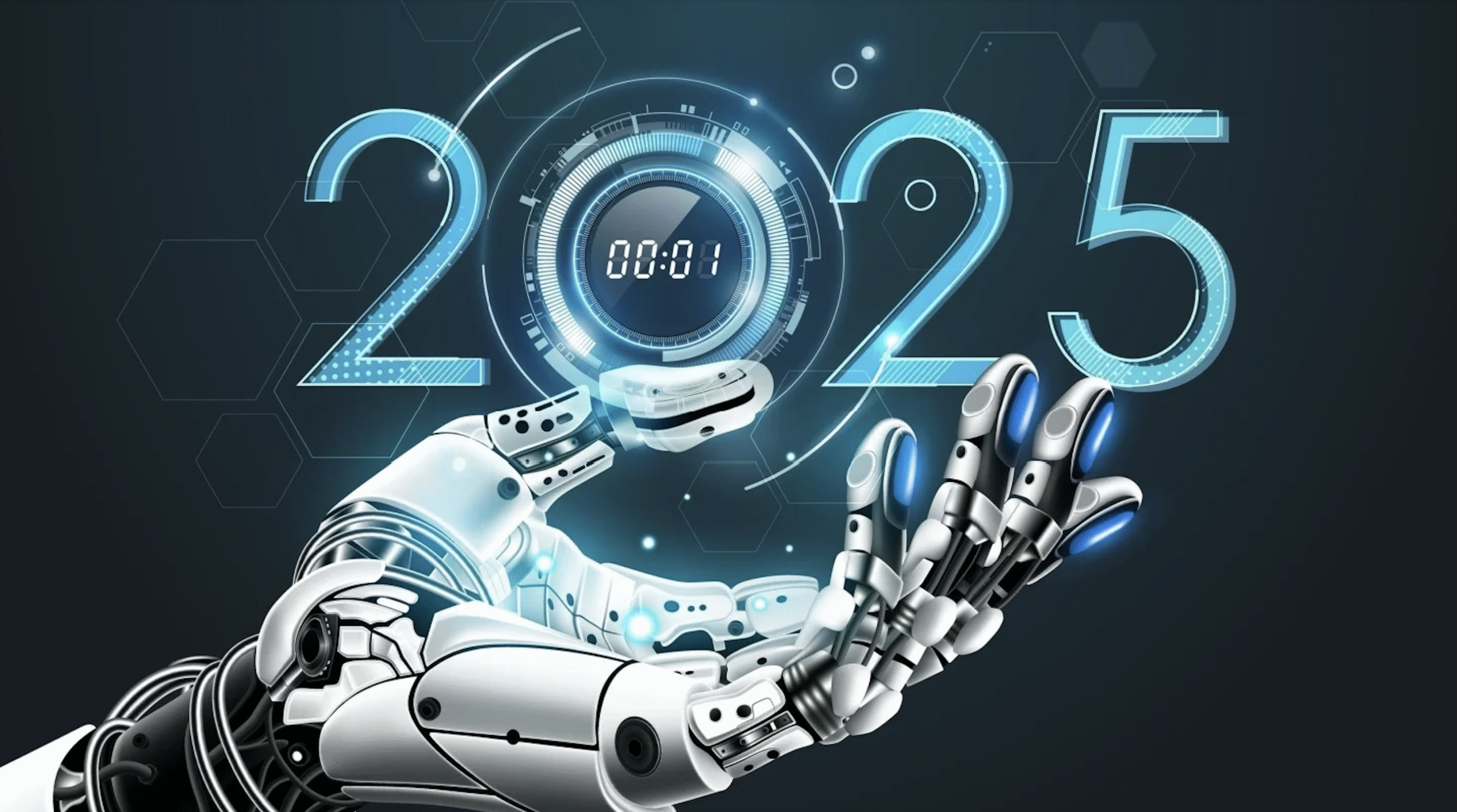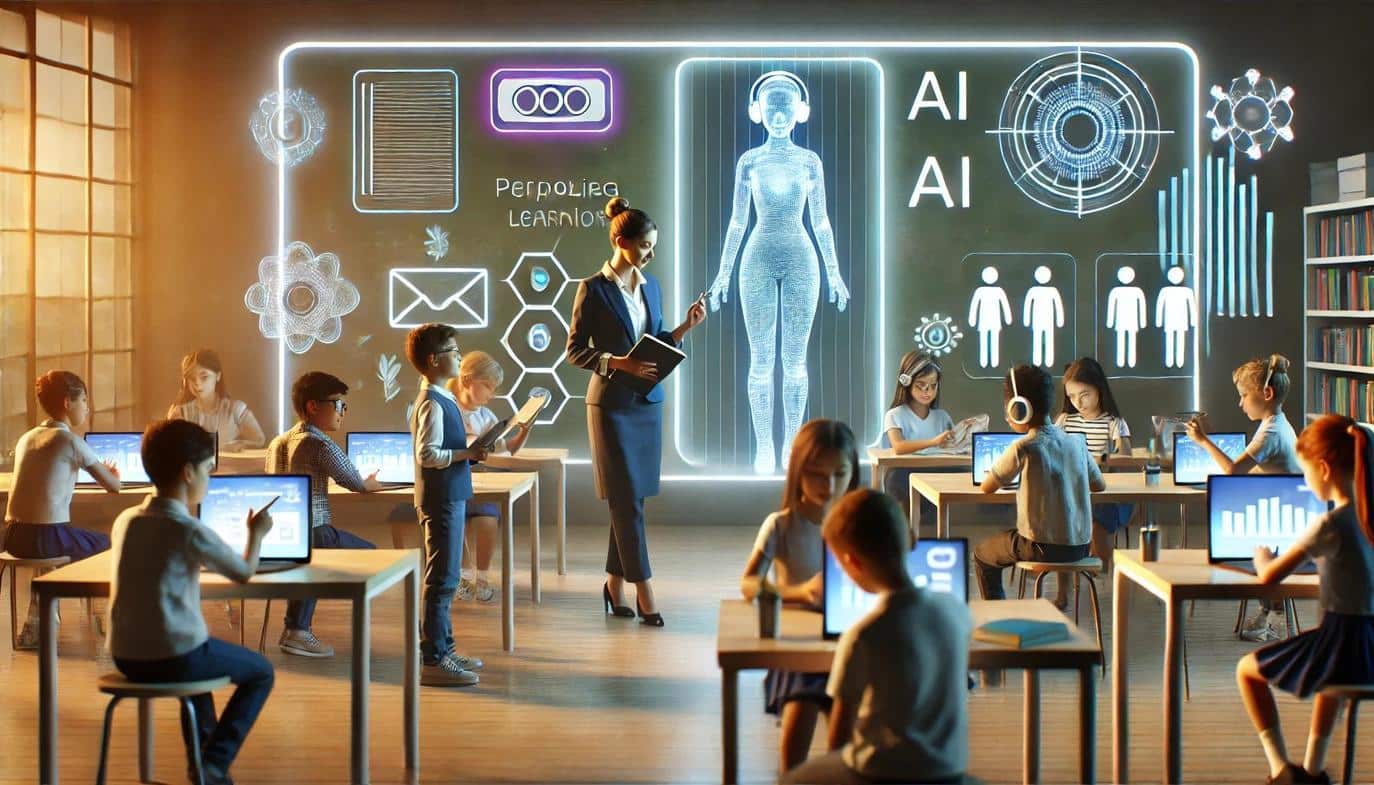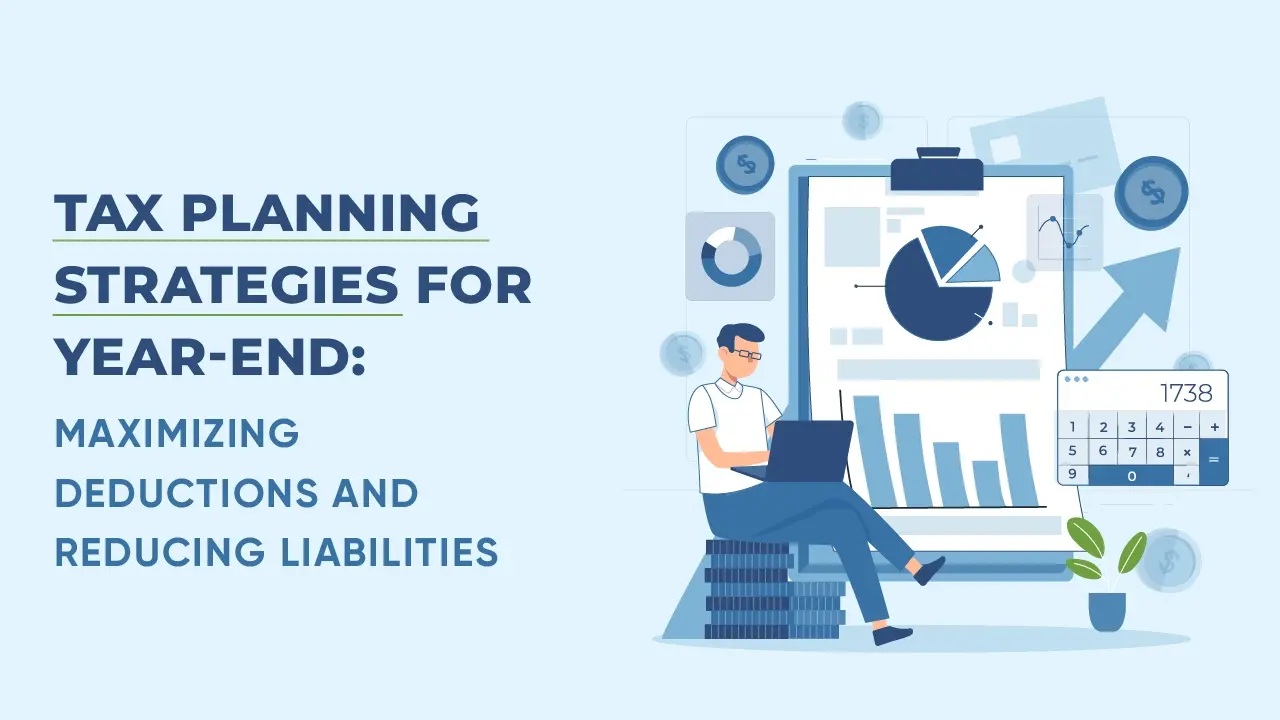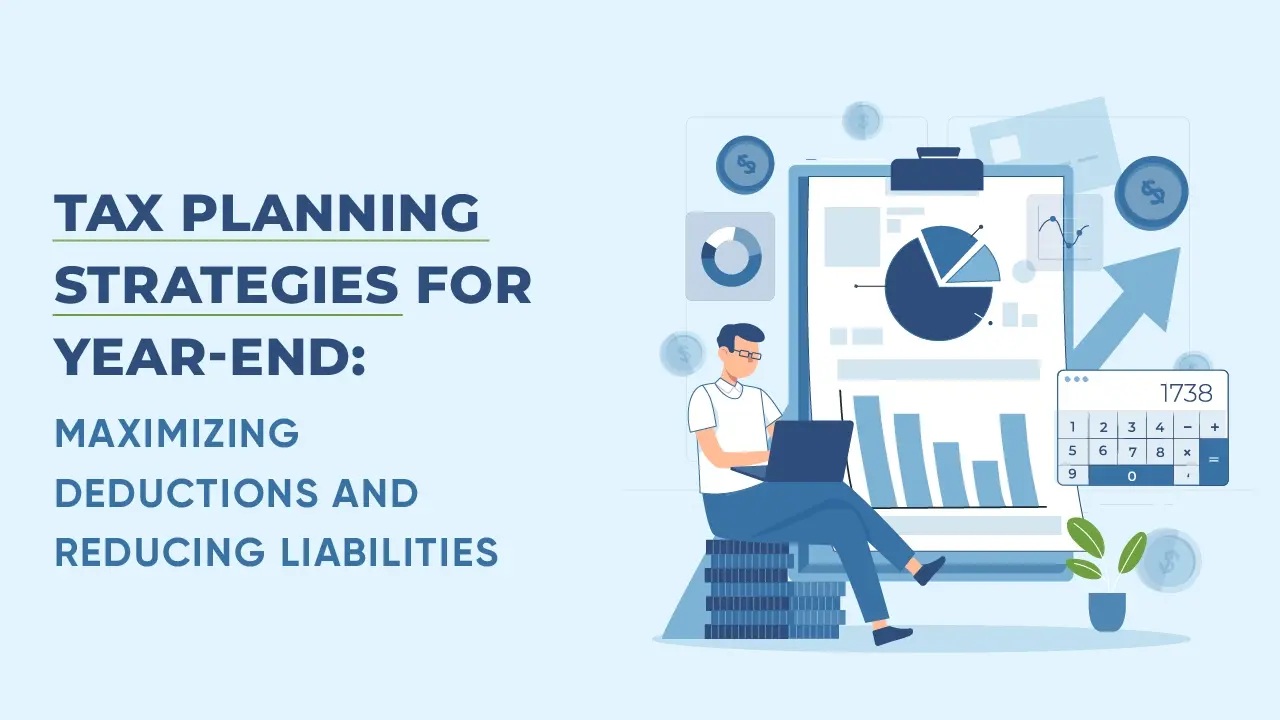The Dawn of AI-Driven Healthcare
Artificial Intelligence (AI) is transforming healthcare at an unprecedented pace. By 2025, AI technologies are expected to revolutionize the entire healthcare ecosystem — from diagnosis and treatment to patient management and drug discovery. These intelligent systems promise to improve accuracy, efficiency, and accessibility while reducing costs and human error.
This article explores the current landscape of AI in healthcare, emerging trends for 2025, its benefits and challenges, and how stakeholders can leverage AI to deliver better patient outcomes.
What is AI in Healthcare?
AI in healthcare involves the use of machine learning, natural language processing, computer vision, and other AI techniques to support clinical and administrative functions. It includes:
- Diagnostic algorithms
- Predictive analytics
- Personalized medicine
- Robotic surgery
- Virtual health assistants
- Drug discovery platforms
The Current State of AI in Healthcare
Market Overview
The global AI healthcare market was valued at approximately $8.5 billion in 2020 and is projected to reach over $120 billion by 2025, growing at a CAGR exceeding 40%.
Adoption Trends
Hospitals, pharmaceutical companies, and insurers are increasingly integrating AI-powered tools to improve outcomes and operational efficiency.
Key AI Technologies Shaping Healthcare in 2025
1. AI-Powered Diagnostics
Machine learning models analyze medical images, lab results, and patient histories to detect diseases such as cancer, cardiovascular disorders, and neurological conditions with higher accuracy and speed than traditional methods.
2. Predictive Analytics and Risk Stratification
AI identifies patients at high risk of complications or readmission, enabling proactive care and resource optimization.
3. Personalized Medicine
AI tailors treatments based on genetic, lifestyle, and environmental factors, enhancing efficacy and minimizing adverse effects.
4. Robotics and Automation
Robotic-assisted surgeries improve precision and reduce recovery times, while AI automates administrative tasks like scheduling and billing.
5. Virtual Health Assistants and Telemedicine
AI chatbots provide 24/7 patient support, symptom checking, and medication management, expanding access to care remotely.
How AI Improves Patient Outcomes
Early and Accurate Diagnosis
AI’s pattern recognition accelerates diagnosis, often detecting subtle signs missed by humans.
Tailored Treatment Plans
Data-driven insights allow for customized therapies, improving success rates and patient satisfaction.
Continuous Monitoring
Wearable devices and AI analyze real-time health data, alerting providers to critical changes instantly.
Challenges and Ethical Considerations
1. Data Privacy and Security
Healthcare data is highly sensitive; protecting it against breaches is paramount.
2. Algorithm Bias
Training data must be diverse to avoid AI perpetuating disparities in care.
3. Regulatory Approval
AI tools require rigorous validation and regulatory clearance to ensure safety and efficacy.
4. Integration and Interoperability
Seamless integration with existing health IT systems remains a technical hurdle.
Emerging Trends in AI Healthcare for 2025
1. Explainable AI
Clinicians demand AI systems whose decisions are transparent and understandable to foster trust.
2. Multi-Modal Data Integration
Combining genomics, imaging, EHR, and lifestyle data offers holistic patient insights.
3. AI in Drug Discovery
AI accelerates identification of new drug candidates, reducing time-to-market.
4. Mental Health AI
AI-powered tools support diagnosis and treatment of depression, anxiety, and other mental health conditions.
How Healthcare Providers Can Prepare for AI Integration
- Invest in staff training on AI tools
- Develop robust data governance frameworks
- Collaborate with AI vendors for tailored solutions
- Ensure ethical guidelines for AI use
- Promote patient education and transparency
Conclusion: AI as a Catalyst for a Healthier Future
By 2025, AI will be deeply woven into healthcare’s fabric, enabling smarter diagnoses, personalized treatments, and more efficient care delivery. While challenges remain, responsible adoption of AI promises transformative benefits for patients and providers alike. Embracing AI today is crucial to shaping a healthier, more equitable tomorrow.
5 Unique FAQs About AI in Healthcare 2025
1. How is AI improving healthcare diagnostics?
By analyzing complex data faster and more accurately than traditional methods.
2. What are the main challenges of AI adoption in healthcare?
Data privacy, algorithm bias, regulatory hurdles, and system integration.
3. Can AI personalize treatment plans?
Yes, AI tailors therapies based on individual patient data, improving outcomes.
4. How is AI changing drug discovery?
AI accelerates identification and testing of potential drugs, shortening development time.
5. What should healthcare providers do to prepare for AI?
Train staff, ensure data security, establish ethical practices, and partner with AI innovators.
AI in Education 2025: Transforming Learning for the Future



